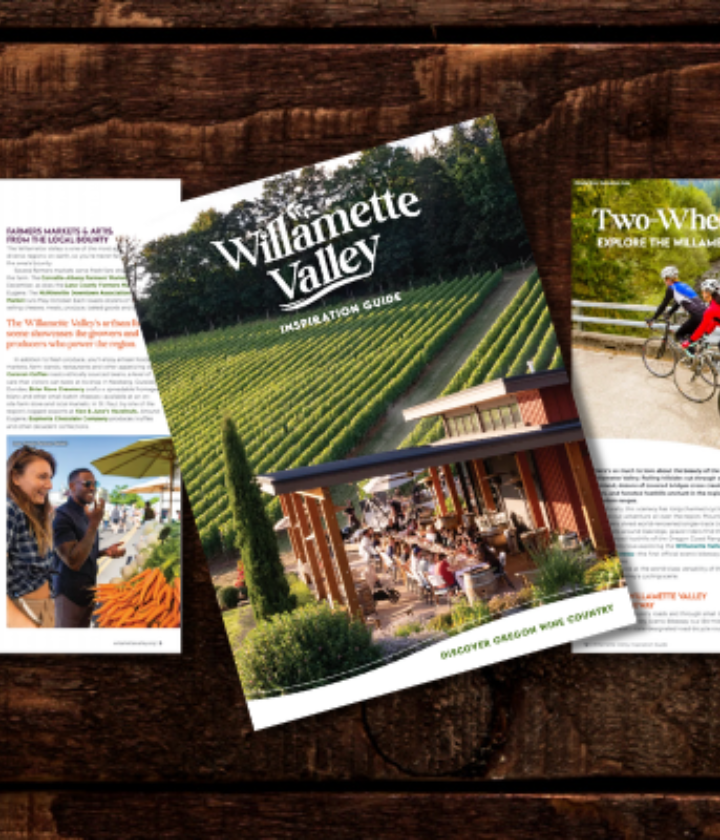Lower Long Tom AVA Becomes the Willamette Valley's Newest AVA

For decades, the Willamette Valley has been synonymous with wine-but so often, that spotlight shined brightest on the valley's northern region, in and around the areas of McMinnville, Newberg, and Dayton. And not without reason: Vintners in the northern Willamette Valley planted some of the region's first pinot noir grapes, and the area today teems with rolling hillsides covered in vines and scenic tasting rooms. (In fact, the northern Willamette Valley hosts the highest concentration of tasting rooms anywhere in the region.)
But the announcement of a new, federally designated American Viticultural Area (AVA) aims to show some love to the southern Willamette Valley-long a prosperous growing region that's coming into its own as a premier wine destination in its own right. In December 2021, the Lower Long Tom AVA became the first AVA in the southern Willamette Valley-and the 10th in the wider region. The name was chosen for the river that flows through the AVA-and to honor the Kalapuyan people, who have lived in the Willamette Valley for more than 10,000 years.
But what is an AVA, anyway? And what does this designation say about wine being produced in the southern Willamette Valley? We've put together an explainer that looks at the Lower Long Tom AVA, along with what you'll find throughout the growing area.
What's an American Viticultural Area, anyway?
In so many words, an American Viticultural Area (AVA) is a wine-growing region designated by the U.S. Department of Treasury's Alcohol and Tobacco Tax and Trade Bureau-or TTB, for short. Each AVA covers an area defined by certain common traits that make it amenable to growing wine grapes (such as geographic features, soil types, or climate); the Van Duzer Corridor AVA, for instance, is located where marine winds blow in off the Oregon Coast-creating a climate that's cooler and milder than in other areas of the Willamette Valley.
Wines from these regions often display certain characteristics, regardless of the varietal, and dedicated oenophiles tend to develop affinities for various wines from certain AVAs specifically due to those characteristics. Learn more about the different Willamette Valley AVAs.
Where in the Willamette Valley is the Lower Long Tom AVA?
Generally speaking, the Lower Long Tom AVA sits near the Oregon Coast Range foothills at the western edge of the Willamette Valley-roughly between Eugene and Corvallis. It sits on the west side of the Lower Long Tom Watershed.
The 25,000-acre AVA is noted for rolling hills that are bisected by east-to-west valleys and tributaries of the Long Tom River.
What Kind of Grapes Grow in the Lower Long Tom AVA?
It's no surprise that pinot noir is among the most dominant varietals in the Lower Long Tom AVA. But the area's soils and climate are also conducive to white grape varieties-a dozen of which grow in the region. Popular grapes include chardonnay, riesling, pinot gris, and sauvignon blanc.
You can enjoy these grapes at a dozen wineries throughout the AVA-including Antiquum Farm (which takes a holistic approach to producing its pinot noir, pinot gris, and sparkling wines), Brigadoon Wine Co. (run by a father-son team with an eye toward organic farming and sustainable agriculture), and Pfeiffer Winery (which, since 1983, has cultivated a variety of grapes in the Oregon Coast Range foothills).
What Makes the Lower Long Tom AVA Such a Great Growing Region?
The Lower Long Tom AVA occupies a unique place within the Willamette Valley, with several factors that make it an ideal area to grow wine grapes.
For starters, the Oregon Coast Range sits to the west and acts as a kind of shield against rain, giving crops just enough precipitation without completely soaking them. Spring and summertime winds blowing in off the Oregon Coast help, as well; these steady winds make it difficult for diseases to take root and create better conditions for a wider variety of grapes to grow.








